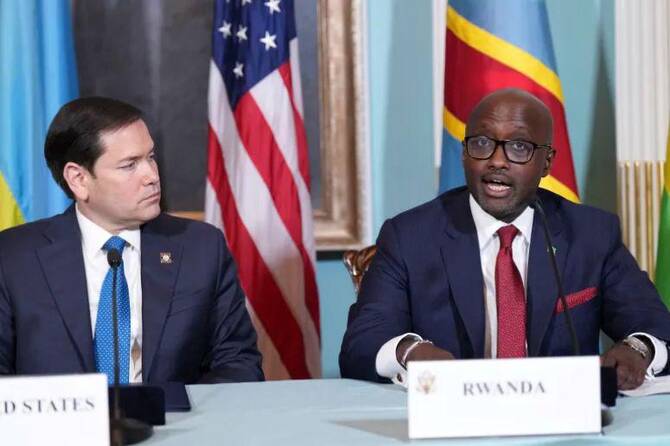The United States is moving closer to finalizing a migrant deal with Rwanda, similar to the UK’s previous deportation scheme. This plan would allow the US to transfer certain migrants to Rwanda, aiming to ease pressure on overcrowded detention centers back home.
According to reports, talks between the two countries have progressed, and at least one migrant has already been sent to Rwanda. This early transfer suggests that a trial phase of the plan may already be in motion.
Rwanda’s foreign minister confirmed that negotiations are taking place, though the United Nations refugee agency (UNHCR) said it has not yet received official details from the US government. The lack of transparency has raised early concerns among international observers.
The idea of sending migrants to third countries for processing and resettlement reflects a growing global trend known as “offshore deterrence.” This approach has been used in the past by the Trump administration and is now being revisited by the current US leadership.
Officials in Washington are reportedly facing rising costs and capacity issues with domestic detention centers. By turning to Rwanda, they hope to reduce these burdens and manage migrant numbers more effectively.
However, the move has sparked renewed debates about the ethics, legality, and human rights implications of such arrangements. Critics argue that outsourcing migrant management can lead to poor oversight and questionable treatment of vulnerable individuals.
The UK’s former deal with Rwanda faced strong opposition and was eventually scrapped after legal challenges and political backlash. Observers are now questioning whether the US will face similar obstacles with this new initiative.
As the US and Rwanda move forward with talks, the world is watching closely. The outcome of this agreement could influence how other countries handle rising migration challenges in the future.

